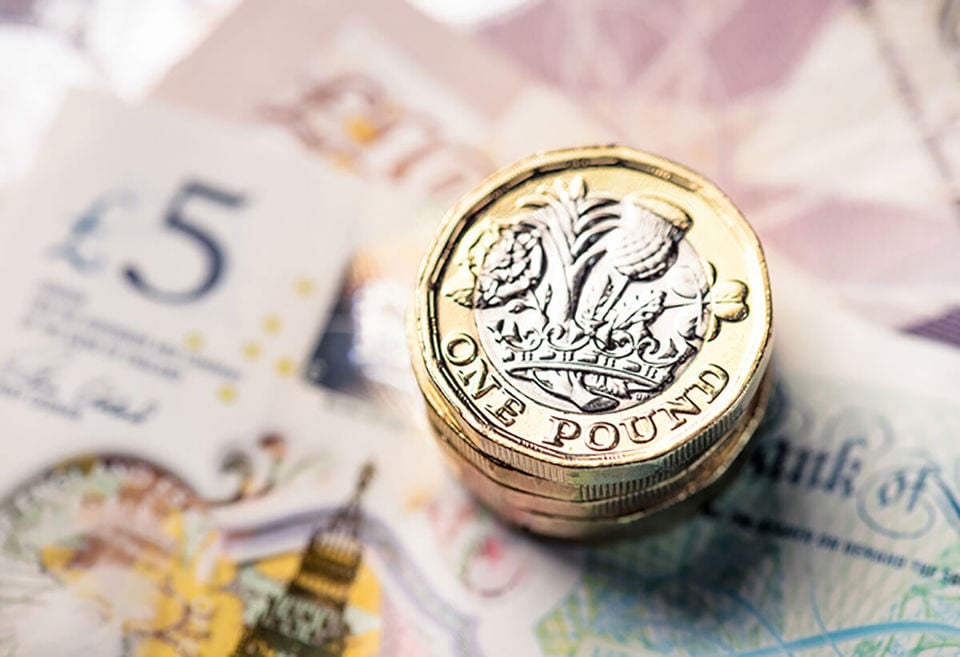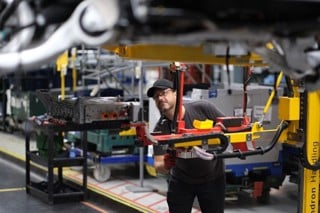The UK rate of inflation increased to 3.5% in April, its highest level since February last year, according to the latest figures from the Office for National Statistics (ONS).
The increase, from 2.6% in March, was driven by sharp rises in energy and water bills last month.
The Chancellor, Rachel Reeves, said that the increase was “disappointing” and promised to “go further and faster to put more money in people’s pockets”.
However, the Shadow Chancellor, Conservative Mel Stride said that British families are “paying the price” for the Labour chancellor’s choices.
The Bank of England has previously said it expects inflation to peak at 3.7% between July and September, before dropping back to its 2% target.
It reiterated this point when it cut interest rates by 0.25 percentage points to 4.25% at the start of May, warning that inflation would rise before falling back again.
Nicholas Hyett, investment manager at the Wealth Club, explained that higher water and energy prices were always expected to push up inflation in April, but have risen “faster than expected”, with the price of household services rising 7% year-on-year, while water and sewerage costs alone were up 26.1% month-on-month.
“The spike could cause a bit of a stink at the Bank of England, which cut interest rates just a couple of weeks ago only to see inflation smash through the 2% target,” he added.
“Two members of the MPC wanted to leave rates unchanged and may well feel vindicated by today's number.
“Higher core inflation will be particularly concerning - since this measure of domestically generated inflation should be easier for the Bank to influence.
“The net effect of all this is a greater squeeze on the consumer, together with the probability of fewer interest rate cuts in the near term.
“Neither of those is good news for the Government's growth agenda – which, despite surprisingly strong GDP growth in recent months, risks getting bogged down before the structural reforms to underpin future growth are in place.”

























Login to comment
Comments
No comments have been made yet.